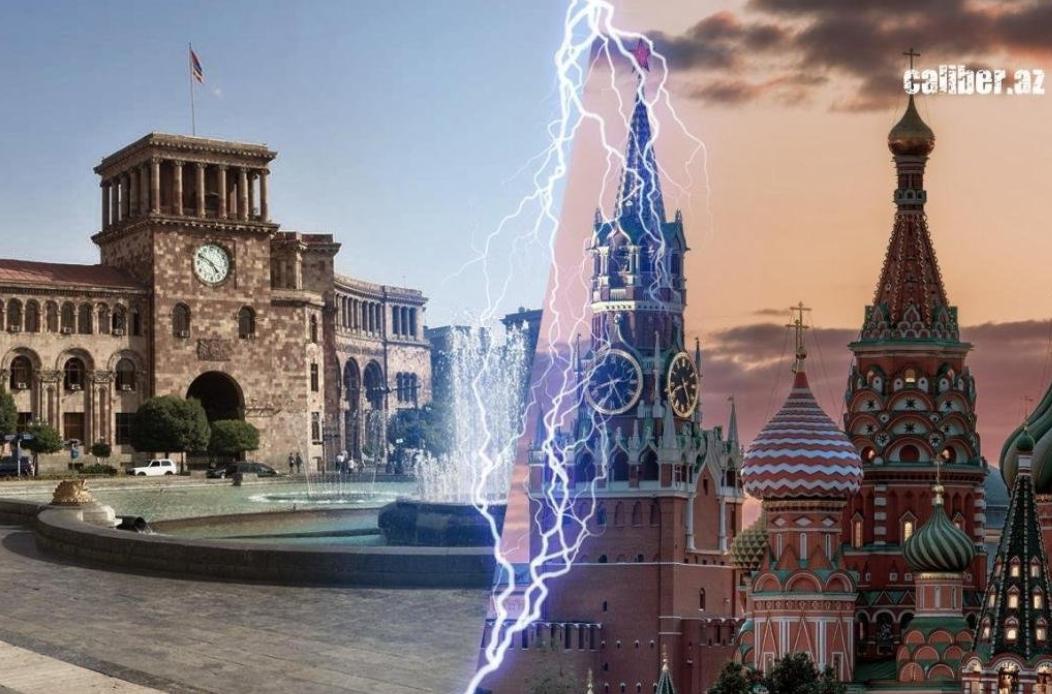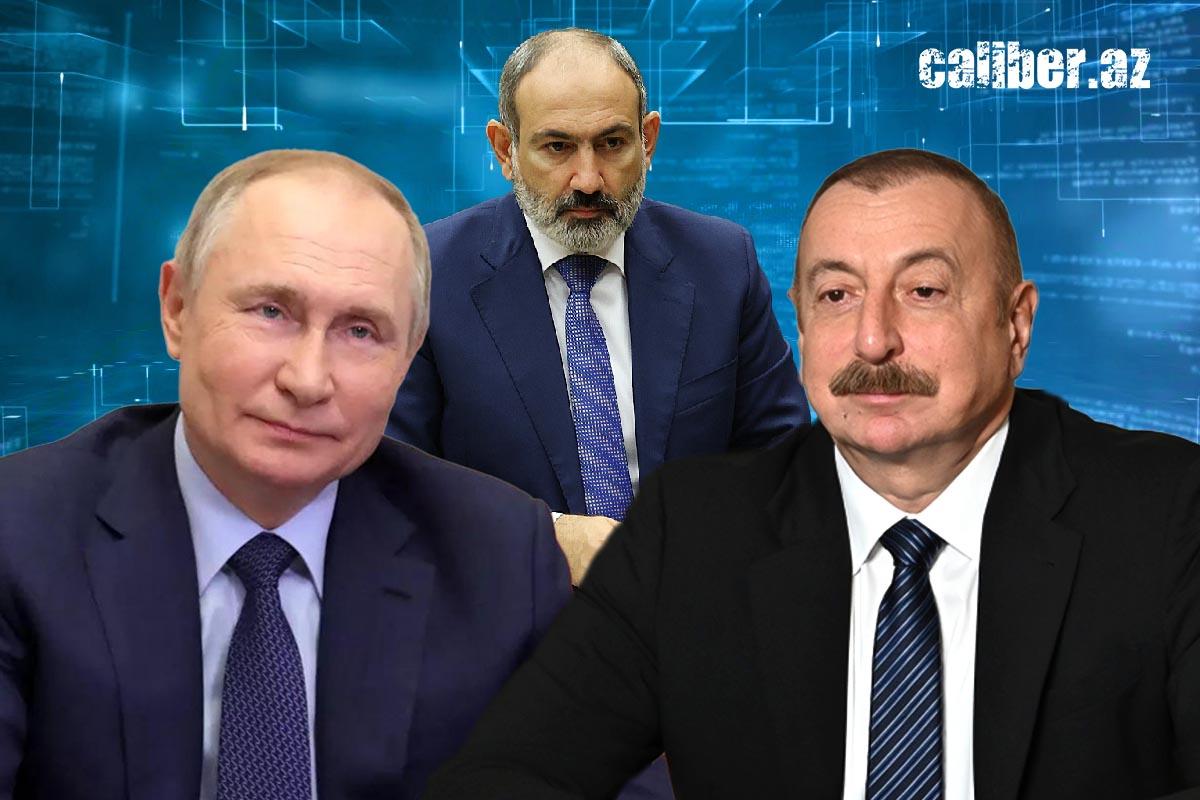"Failed Armenian revanchism has no chance of resurrection" Russian expert on Caliber.Az
Caliber.Az presents an interview with Alexei Naumov, a leading expert of the Russian International Affairs Council.
- In your estimation, what policy did Armenia pursue towards Russia last year and what did it achieve?
- Formal break with Russia has never been a deliberate policy of the Armenian leadership. Rather, it had two goals: to demonstrate dissatisfaction with Russia and to gain some benefit from cooperation with the West. Therefore, it was obvious that Armenia did not seek a final break with Russia. This is also understandable, as it cannot afford it and, accordingly, limits itself to local demarches to Moscow, trying to sit on two chairs. In principle, the fact that Nikol Pashinyan took part in the informal New Year's Eve meeting of CIS leaders clearly confirmed all this.
- As you know, discussions are underway between Russia and Armenia regarding new agreements on military-technical cooperation. Does this mean that Russian arms deliveries to Armenia may resume this year?
- I think this is quite possible. Russian arms could be supplied to Armenia on a commercial basis. However, in any case, this will not change the balance of power in the region. Armenian revanchism has failed, it has no chance of resurrection, and Yerevan has neither the strength nor the capabilities to do so.
In general, Moscow does not close its doors to Armenia and is interested in maintaining some form of relations with both Yerevan and Baku. But as I have said many times, if before the Second Karabakh War in 2020, it was believed that Armenia was a more important and more privileged ally of Russia, now everything has changed. It is Azerbaijan that is Russia's more important, more predictable and more useful partner. This is also indicated by bilateral interaction in the trade and economic sphere, which cannot be said about Armenia.

- So, you believe that Yerevan's revanchist plans are not behind the supply of Indian and French arms to Armenia?
- The supply of Indian and French arms is a kind of anaesthetic pill for Armenia. In this way, the authorities of the country want to show everyone that, look, we have weapons, we are buying weapons. At the same time, we understand that no armaments - neither French, nor Indian or any other, as I have already said, can change the balance of power in the region. Azerbaijan is the leader in the region, not Armenia. Moreover, both in military planning, technology and diplomatic positioning, and in many other areas. So the arms purchase is a status symbol of Pashinyan to show that Armenia remains a player in international politics.
- In what perspective is the signing of a peace agreement between Baku and Yerevan most likely?
- The signing of a peace agreement between Azerbaijan and Armenia is inevitable in any case. Nikol Pashinyan is stalling for time now, because the absence of this document also allows him to demonstrate that he is defending some Armenian positions even if the whole situation is completely lost in military and political senses. I think we will see the signing of the agreement soon. Armenia will not be able to play against the course of history.
- What processes are looming in the South Caucasus in 2024?
- In my opinion, the only alternative option for the South Caucasus is the normalization of the situation in the region. For too long, the region has been torn apart by contradictions, the occupation of Azerbaijani lands by Armenia, and for too long this situation has been in limbo, both after 1994 and partially after 2020. But now the South Caucasus, against the background of the discord between Russia and the West and the return of its territories by Azerbaijan, will be an island of stability. It is also very important that all the players directly related to the region are interested in peace and stability. Azerbaijan, Georgia, Türkiye, Iran and Russia are interested in increasing economic cooperation and cooperation in this key and transport region.
The future of the South Caucasus as a whole seems stable to me. It is good to know that somewhere in our conflict-torn land there is a region that we can envy and watch develop successfully.

- What was 2023 like in terms of Russian-Azerbaijani and Russian-Armenian relations?
- For Russian-Azerbaijani and Russian-Armenian relations, last year was a year of revelations, which is called the year of putting all the dots above the "I", when it became clear who was worth what. The past year has shown that the Armenian assurances of centuries-old friendship turned out to be an attempt to force Russia to fight instead of Armenia in its unfair conflict. It also became clear that relations between Russia and Azerbaijan are not just relations based on some kind of general historical memory, but cooperation filled with economic and political meaning. We have seen how expert cooperation is strengthening, meetings of the Russian-Azerbaijani expert council have been held, and I am sure that the North-South corridor will become an important link in international trade and will bring Russia and Azerbaijan even closer together.
In general, it was a successful year, taking into account the full restoration of Azerbaijan's territorial integrity and the pacification of the South Caucasus, as well as a year of demonstrating the true face of modern Pashinyan Armenia. I would like to congratulate our Azerbaijani friends on the full restoration of sovereignty and territorial integrity, and I hope that friendly relations between our peoples and states will be purposefully strengthened in the future.








